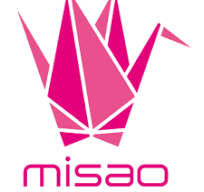Exploring the Richness of Japanese Culture and Traditions

Japanese culture, a harmonious blend of age-old traditions and cutting-edge modernity, has fascinated people worldwide. For Indian audiences, its uniqueness and respect for heritage offer a refreshing perspective. Whether you’re a travel enthusiast, a food lover, or someone intrigued by cultural diversity, Japan’s traditions will captivate you.
Why Learn About Japanese Culture?
Understanding Japanese culture allows us to appreciate its values, history, and contributions to the global stage. It fosters mutual respect and provides valuable lessons in mindfulness, innovation, and community spirit.
Appreciating Unique Values:
Japanese culture emphasizes harmony, respect, and mindfulness. Understanding these values can inspire personal growth and a fresh perspective on life.Exploring Rich History:
Japan’s history is steeped in samurai traditions, imperial dynasties, and ancient art forms. This deep heritage provides insights into their societal structures and global contributions.- Planning a trip to Japan? Read our tips for top travel destinations in Japan.
Enhancing Cross-Cultural Understanding:
For Indians, exploring Japanese culture can highlight similarities and differences, fostering mutual respect and empathy. For example, both cultures deeply value family ties and community celebrations.Adopting Inspirational Practices:
Japan’s traditions, such as tea ceremonies and Zen gardens, promote mindfulness and balance, concepts gaining popularity in India as well.Global Relevance:
From anime to technological advancements, Japanese culture has a significant global influence. Learning about it helps appreciate its modern contributions and traditional roots.Want to fully embrace Japanese culture? Check out our guide on learning
Technology:
Japan is a global leader in technology, seamlessly blending innovation with tradition. From advanced robotics and high-speed trains like the Shinkansen to cutting-edge AI and consumer electronics, Japan’s technological advancements have transformed industries worldwide. The country is also a pioneer in sustainable tech, developing solutions for renewable energy and eco-friendly living.
For Indian audiences, Japan’s technological innovations are not just marvels of engineering but also sources of inspiration for integrating tradition with modernity.
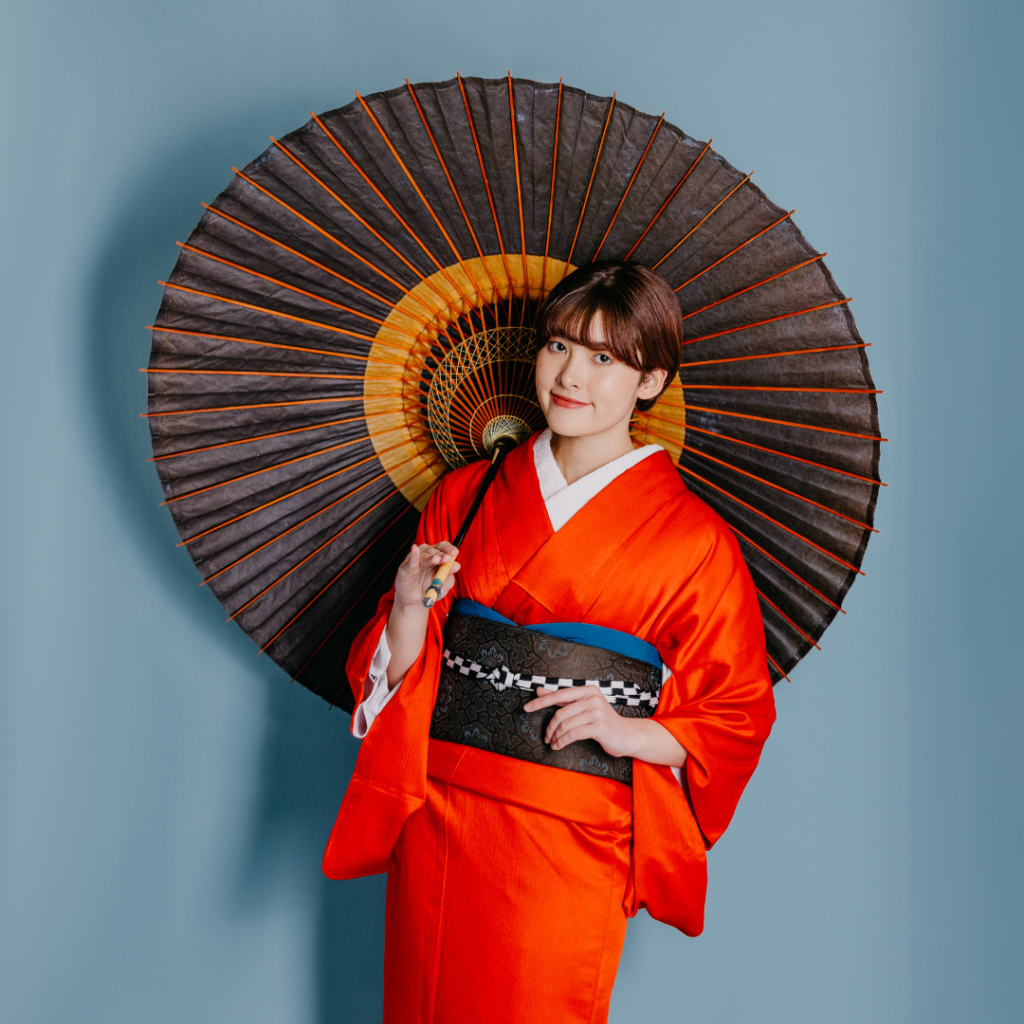
Key Aspects of Japanese Traditions
Festivals and Celebrations
Japan’s festivals reflect its deep-rooted beliefs and communal harmony. Some notable ones include:
Hanami (Cherry Blossom Festival): Celebrating the fleeting beauty of cherry blossoms.
Obon: Honoring ancestors through rituals and dances.
Gion Matsuri: One of Japan’s most famous festivals, showcasing elaborate floats.
Example: Imagine attending Hanami, sitting under cherry blossom trees, enjoying sushi, and sipping sake. It’s a visual and sensory delight similar to enjoying Holi or Diwali in India.
Planning to experience these festivals firsthand? Explore our blog on top destinations in Japan.
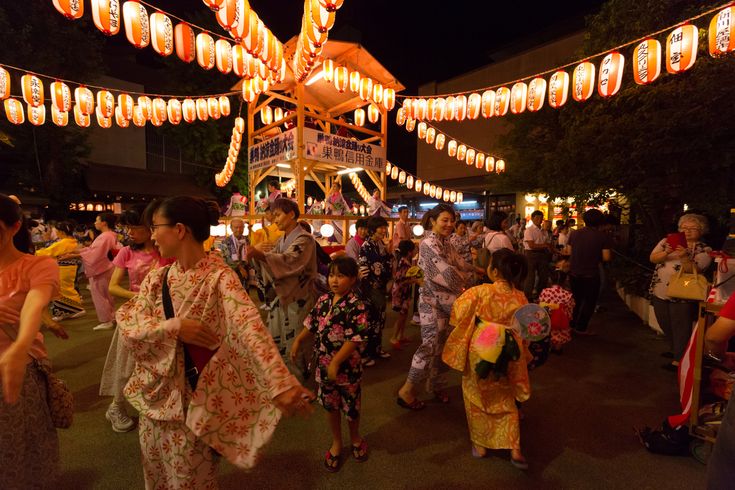
Traditional Arts
Japan’s artistic traditions are a testament to its creativity and discipline:
Ikebana (Flower Arranging): Symbolizes harmony and balance.
Tea Ceremonies: Reflect mindfulness and respect.
Calligraphy (Shodo): Combines art and language.
Example: Just as rangoli showcases creativity in Indian homes, Japanese calligraphy adorns spaces with elegance.

Japanese Cuisine
Japanese food is as much about presentation as taste. Popular dishes include:
Sushi and Sashimi: A balance of flavors and textures.
Ramen: A comforting noodle soup with diverse flavors.
Mochi: Sweet rice cakes with various fillings.
Example: Similar to how Indian thalis offer a variety of flavors, Japanese bento boxes present a harmonious meal.
Discover more about Japanese cuisine in our post on traditional Japanese dishes and recipes.
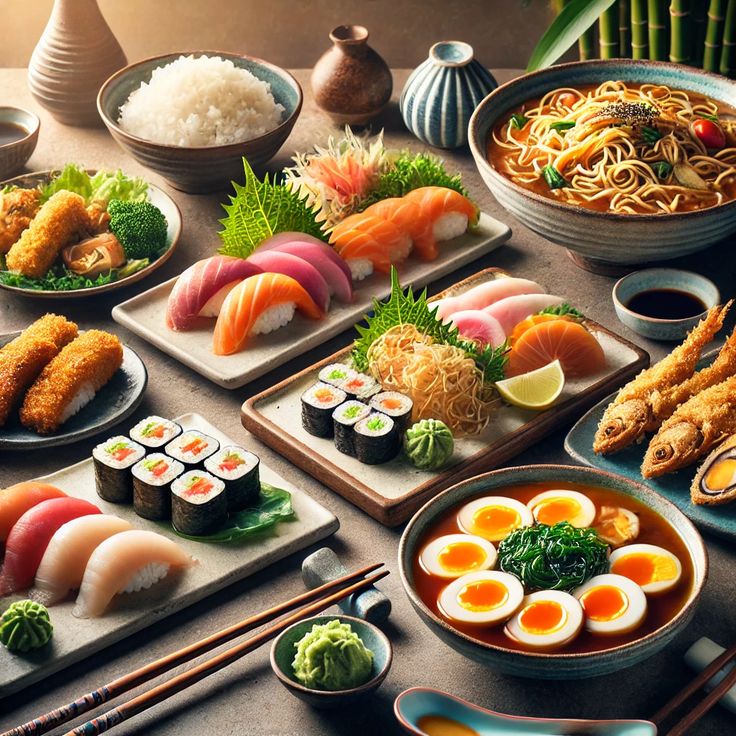
Etiquette and Manners
Politeness is a cornerstone of Japanese culture. Common practices include:
Bowing as a sign of respect.
Removing shoes before entering homes.
Using polite phrases like “Arigato” (Thank you).
Comparison: Like India’s tradition of touching elders’ feet, bowing shows humility in Japan.
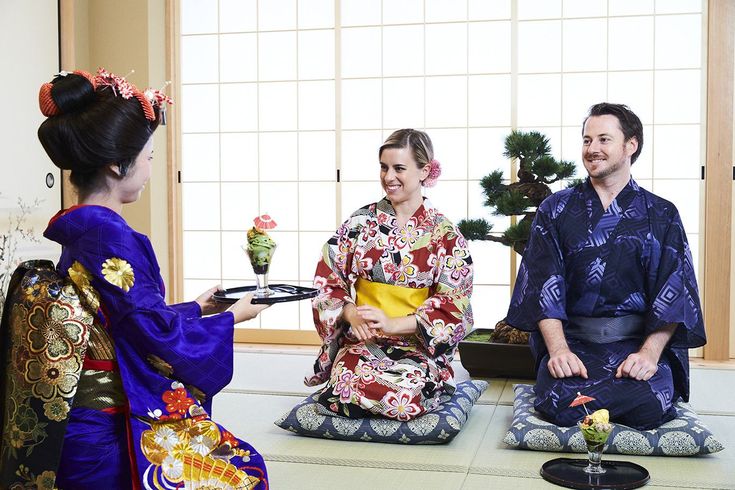
Modern Influences on Japanese Culture
Japan seamlessly integrates its traditions with modern trends:
Anime and Manga:
Anime (animated TV shows or films) and Manga (Japanese comics or graphic novels) are more than entertainment; they are integral to Japan’s cultural identity. These art forms reflect the nation’s creativity, storytelling depth, and ability to connect with global audiences. For Indian viewers and readers, Anime and Manga have become a fascinating gateway to understanding Japanese culture.
Recommend platforms like Crunchyroll or MyAnimeList to explore Anime shows and Manga series.
- Learn more about the world of Anime and Manga in our post on Japanese pop culture.

Fashion:
Japanese fashion is a harmonious blend of traditional elegance and contemporary innovation. Iconic garments like the kimono reflect the nation’s rich heritage, while modern streetwear, influenced by Harajuku and global trends, showcases bold creativity and individuality. Japan’s fashion industry is renowned for its avant-garde designs and sustainability efforts, making it a global trendsetter.
For Indian audiences, Japanese fashion offers inspiration in combining cultural identity with modern styles, similar to India’s mix of traditional and contemporary attire.
Explore how Japanese culture influences modern styles in our blog on Japanese fashion trends.

Technology:
Japan is a global leader in technology, seamlessly blending innovation with tradition. From advanced robotics and high-speed trains like the Shinkansen to cutting-edge AI and consumer electronics, Japan’s technological advancements have transformed industries worldwide. The country is also a pioneer in sustainable tech, developing solutions for renewable energy and eco-friendly living.
For Indian audiences, Japan’s technological innovations are not just marvels of engineering but also sources of inspiration for integrating tradition with modernity.

Similarities Between Indian and Japanese Cultures
Family Values: Both cultures emphasize family bonds and respect for elders.
Festivals: Celebrations often involve food, rituals, and community gatherings.
Spiritual Practices: Meditation and mindfulness play significant roles in both cultures.
How to Experience Japanese Culture from India
Food Festivals in Japanese Culture
Japanese food festivals are vibrant celebrations of the nation’s culinary heritage, showcasing regional specialties, seasonal ingredients, and traditional cooking techniques.
Ramen Expo: Dedicated to Japan’s iconic noodle dish, this festival highlights unique ramen styles from different regions.
Sapporo Snow Festival: Known for its incredible ice sculptures, it also features food stalls serving warm bowls of miso ramen and grilled seafood.
Tsukiji Market Festival: A paradise for seafood lovers, this event offers fresh sushi, sashimi, and tuna cutting shows.
For Indian audiences, these festivals offer a similar experience to India’s food melas, combining food, culture, and community bonding. They’re perfect for exploring the diversity of Japanese cuisine and the artistry behind each dish.

FAQs
Q1: What are some unique Japanese festivals?
A: Festivals like Hanami, Obon, and Gion Matsuri showcase Japan’s vibrant culture.
Q2: How can I experience Japanese culture in India?
A: Attend Japanese food festivals, watch anime, or join cultural workshops.
Q3: What are the main elements of Japanese cuisine?
A: Sushi, ramen, and mochi are popular dishes known for their balance and presentation.
Q4: What’s the best way to learn about Japanese traditions?
A: Reading blogs, watching documentaries, and engaging with Japanese communities are great ways to learn.
Conclusion
Japanese culture and traditions offer a window into a world of elegance, harmony, and innovation. For Indian audiences, the parallels and contrasts make it an intriguing subject to explore. By understanding and sharing these cultural gems, we can foster greater appreciation and connection across borders.
Embark on this journey to discover Japan’s rich heritage and let it inspire your creative pursuits!
